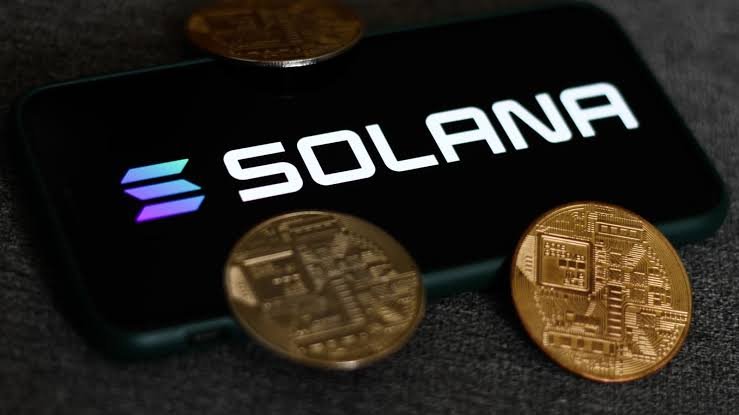The SEC has decided to hit the pause button on approving Franklin Templeton’s Crypto Index ETF, nicknamed EZPZ. This ETF is designed to hold both Bitcoin and Ethereum, offering investors a simple way to invest in two of the biggest cryptocurrencies. The delay leaves many wondering what this means for the future of crypto ETFs and whether this fund will eventually get the green light. Let’s explore what’s behind this decision and what it could mean for the crypto market.
SEC Postpones Decision on Franklin Crypto Index ETF, Known as EZPZ
The U.S. Securities and Exchange Commission (SEC) has decided to hold off on making a decision about a proposed exchange-traded fund (ETF) that would include both Bitcoin and Ethereum.
Franklin Templeton, a well-known investment firm, filed for this Crypto Index ETF in August, aiming to bring together the two leading cryptocurrencies under the ticker EZPZ.
In an update shared on Wednesday, the SEC announced it needs more time before deciding to approve, reject, or explore the proposal further.
According to the agency, It’s appropriate to extend the timeframe for this decision to ensure that they thoroughly review the proposal and address any concerns.
If approved, the Franklin Crypto Index ETF would be listed on the Cboe BZX Exchange and rely on Coinbase Custody Trust Company LLC to securely manage its digital assets.
Could the Franklin Crypto Index ETF Bring Crypto Closer to Mainstream Investing?
The potential approval of the Franklin Crypto Index ETF could mark a significant step forward for the mainstream adoption of cryptocurrencies. By listing on the Cboe BZX Exchange and using Coinbase Custody Trust Company LLC as its custodian, the ETF aligns with well-established financial institutions, lending credibility and security to the product.
For investors, this setup provides a regulated and simplified way to access both Bitcoin and Ethereum, reducing barriers such as the need for direct custody or navigating multiple exchanges. This move could also signal greater acceptance of digital assets within traditional financial markets, encouraging a broader audience to consider crypto investments.
If the ETF gains approval, it could have a profound impact on the market. A dual-asset ETF like this could drive increased demand for Bitcoin and Ethereum as institutional and retail investors pour in.
Additionally, it may set a precedent for other asset managers to propose similar products, fostering competition and innovation in crypto-based investment offerings. The use of Coinbase Custody Trust, a trusted name in the industry, also underscores a commitment to secure and reliable management of digital assets, which could help mitigate concerns about safety and compliance.
On the flip side, if the SEC rejects or further delays the decision, it may create uncertainty around the regulatory outlook for crypto ETFs, potentially slowing momentum in the market.
Regardless of the outcome, this development highlights the growing integration of cryptocurrencies into the financial mainstream, paving the way for more robust and diverse investment opportunities in the future.

















 English (US) ·
English (US) ·